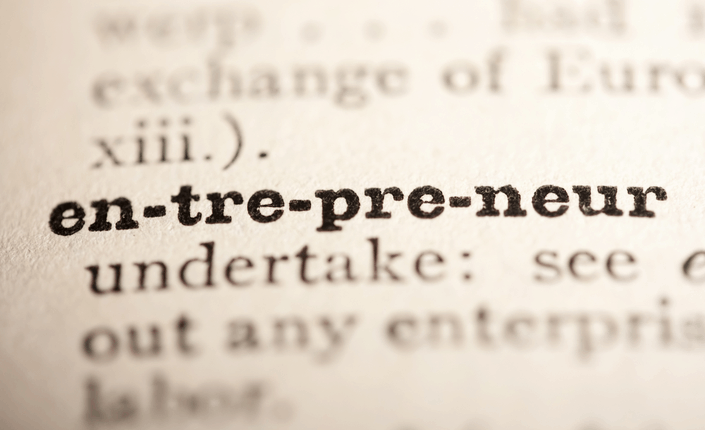
This article was written and published in Spanish and has been translated into English via Google Translate. Click here to read the original article.
The report on Corporate Entrepreneurship in Spain, prepared by Deusto Business School, the Autonomous University of Madrid, the University of La Rioja and the Neoris consultancy, which aims to analyze the situation of corporate entrepreneurship in Spain, has been carried out with data from of surveys of intrapreneurs and executives of 43 large companies based in Spain that, together, invoice the equivalent of 21% of GDP and represent more than 53% of the capitalization of IBEX35. With nearly 3,000 entries received, the report is the most complete x-ray of corporate entrepreneurship that has been done in our country to date.
In the report 'Gacelas and Elephants dance without stepping', an initiative promoted by the Santander Emprendimiento International Center (CISE) with the support of Banco Santander, through Santander Universities, it is highlighted that corporate entrepreneurship is present in large Companies of our country. In addition, the document highlights that the people involved in corporate entrepreneurship are mostly men (65%) and have around 40 years, university studies (62%) and a high level of income (80%). 55% of respondents indicate that they have received some training linked to the development of entrepreneurial initiatives and more than half believe that entrepreneurship is a good professional option.
On the other hand, when analyzing the perspective of large companies, the data indicate a high valuation of people with an intra-entrepreneurial profile and various initiatives aimed at fostering it within organizations. In fact, 86% of the companies surveyed have some support program for intrapreneurs and 80% have some kind of mechanism to identify talent internally. This contrast between what companies express and the low rates of EEA reflect the path that remains to be traveled.
With regard to support and incentives, more than 75% of large companies propose challenges to motivate the generation of intrapreneurial projects and 67% allow employees to dedicate part of the day to work on these initiatives; but only 15% have special compensation policies for the people who drive them and less than 50% support them financially.
The report also concludes that, although corporate entrepreneurship is present in Spain, "the strategies aimed at promoting it are very recent and unequal in scope and sophistication." However, it confirms the existence of a series of initiatives of open innovation and intrapreneurship that stand out for their avant-garde nature and their results, so that they can be classified as good practices and references for other organizations.
Likewise, it is indicated that implementing an effective strategy is not an easy task, since, to the obstacles inherent in any innovative project, it is necessary to add resistances that originate in the organization itself. For Iván Soto, author of the study and coordinator of Entrepreneurship and Innovation programs at Deusto Business School, overcoming this last aspect is fundamental when generating progress in companies. "Employees with good ideas must be surrounded by the company itself, hence innovation is not only a matter of the R&D department on duty, but also of the Human Resources area. Employee talent must be exploited," he explains.
Finally, the study offers a series of recommendations for the implementation of corporate entrepreneurship programs and progress is being made in the conviction that the figure of the Chief Entrepreneur Executive will soon be extended among those large companies that aspire to remain leaders.
This article was written and published in Spanish and has been translated into English via Google Translate. Click here to read the original article.
Join us November 12-15 for the Property Portal Watch Conference Madrid 2019.